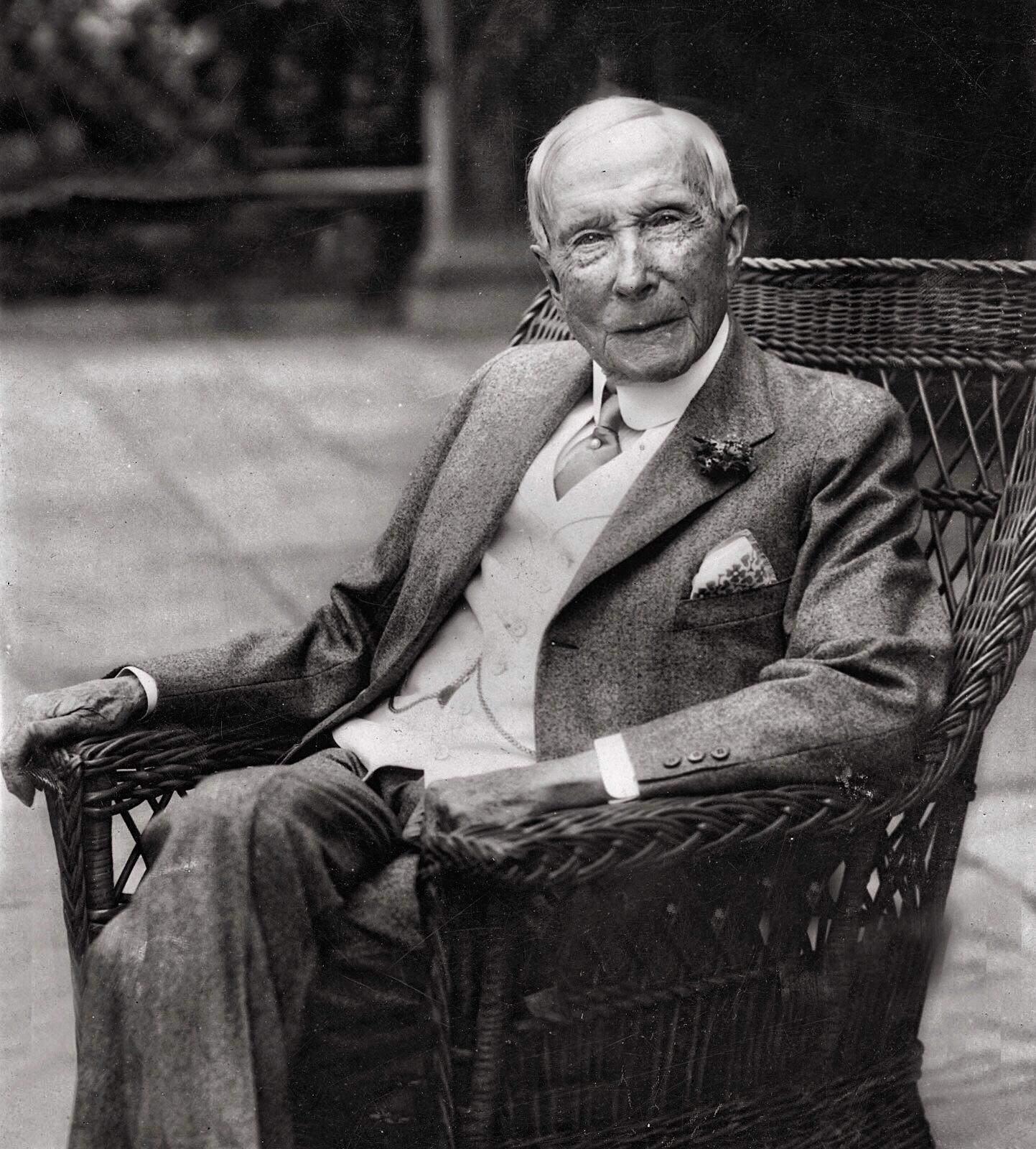|
Jean-Jacques Rousseau Institute
Rousseau Institute (also known as Jean-Jacques Rousseau Institute or Academy of Geneva; ''french: Académie De Genève'' or ''Institut Jean-Jacques Rousseau'') is a private school in Geneva, Switzerland. It is considered the first institute of educational sciences founded in Europe when it opened and gained international influence as the originator of the scientific approach to education phenomena. It became part of the University of GenevaFaculty of Psychology and School of Education. History In 1912, Édouard Claparède (1873–1940) created an institute to turn educational theory into a science. This new institution was given the name of Jean-Jacques Rousseau, to whom Claparède attributed the "Copernican reversal" of putting the child, rather than the teacher, at the centre of the educational process (cf. Thomas Kuhn's notion of paradigm shift). The founder of the Institute appointed as director Pierre Bovet (1878–1965), whom he considered to be both a philosophical an ... [...More Info...] [...Related Items...] OR: [Wikipedia] [Google] [Baidu] |
Pierre Bovet
Pierre Bovet (born on 5 June 1878 in Grandchamp (commune of Boudry); died in Boudry on 2 December 1965) was a Swiss psychologist and pedagogue. Bovet took up the translation of '' Scouting for Boys'' and other Scout books, to make it the first edition in French. References Swiss educators Swiss psychologists Scouting and Guiding in Switzerland[...More Info...] [...Related Items...] OR: [Wikipedia] [Google] [Baidu] |
Rockefeller Foundation
The Rockefeller Foundation is an American private foundation and philanthropic medical research and arts funding organization based at 420 Fifth Avenue, New York City. The second-oldest major philanthropic institution in America, after the Carnegie Corporation, the foundation was ranked as the 39th largest U.S. foundation by total giving as of 2015. By the end of 2016, assets were tallied at $4.1 billion (unchanged from 2015), with annual grants of $173 million. According to the OECD, the foundation provided US$103.8 million for development in 2019. The foundation has given more than $14 billion in current dollars. The foundation was started by Standard Oil magnate John D. Rockefeller ("Senior") and son "Junior", and their primary business advisor, Frederick Taylor Gates, on May 14, 1913, when its charter was granted by New York. The foundation has had an international reach since the 1930s and major influence on global non-governmental organizations. The World Health Organiza ... [...More Info...] [...Related Items...] OR: [Wikipedia] [Google] [Baidu] |
UNESCO
The United Nations Educational, Scientific and Cultural Organization is a specialized agency of the United Nations (UN) aimed at promoting world peace and security through international cooperation in education, arts, sciences and culture. It has 193 member states and 12 associate members, as well as partners in the non-governmental, intergovernmental and private sector. Headquartered at the World Heritage Centre in Paris, France, UNESCO has 53 regional field offices and 199 national commissions that facilitate its global mandate. UNESCO was founded in 1945 as the successor to the League of Nations's International Committee on Intellectual Cooperation.English summary). Its constitution establishes the agency's goals, governing structure, and operating framework. UNESCO's founding mission, which was shaped by the Second World War, is to advance peace, sustainable development and human rights by facilitating collaboration and dialogue among nations. It pursues this objective t ... [...More Info...] [...Related Items...] OR: [Wikipedia] [Google] [Baidu] |
International Bureau Of Education
The International Bureau of Education (IBE-UNESCO) is a UNESCO category 1 institute mandated as the Centre of Excellence in curriculum and related matters. Consistent with the declaration of the decision of the 36th session of the General Conference and to ensure a higher effectiveness and a sharper focus, the IBE has defined the scope of its work as pertaining to: curriculum, learning, teaching, and assessment. The IBE-UNESCO provides tailored technical support and expertise to all UNESCO Member States facilitating the provision and delivery of equitable, inclusive, high-quality education within the framework of Education 2030 Agenda. The current mandate and program areas of the IBE are particularly of significance and relevance to the Education 2030 and the fourth Sustainable Development Goal (SDG4) that commit UNESCO Member States to "Ensure inclusive and equitable quality education and to promote lifelong learning opportunities for all". The IBE is, therefore, strategically ... [...More Info...] [...Related Items...] OR: [Wikipedia] [Google] [Baidu] |
1912 Establishments In Switzerland
Year 191 ( CXCI) was a common year starting on Friday (link will display the full calendar) of the Julian calendar. At the time, it was known as the Year of the Consulship of Apronianus and Bradua (or, less frequently, year 944 '' Ab urbe condita''). The denomination 191 for this year has been used since the early medieval period, when the Anno Domini calendar era became the prevalent method in Europe for naming years. Events By place Parthia * King Vologases IV of Parthia dies after a 44-year reign, and is succeeded by his son Vologases V. China * A coalition of Chinese warlords from the east of Hangu Pass launches a punitive campaign against the warlord Dong Zhuo, who seized control of the central government in 189, and held the figurehead Emperor Xian hostage. After suffering some defeats against the coalition forces, Dong Zhuo forcefully relocates the imperial capital from Luoyang to Chang'an. Before leaving, Dong Zhuo orders his troops to loot the tombs of the H ... [...More Info...] [...Related Items...] OR: [Wikipedia] [Google] [Baidu] |
Educational Institutions Established In 1912
Education is a purposeful activity directed at achieving certain aims, such as transmitting knowledge or fostering skills and character traits. These aims may include the development of understanding, rationality, kindness, and honesty. Various researchers emphasize the role of critical thinking in order to distinguish education from indoctrination. Some theorists require that education results in an improvement of the student while others prefer a value-neutral definition of the term. In a slightly different sense, education may also refer, not to the process, but to the product of this process: the mental states and dispositions possessed by educated people. Education originated as the transmission of cultural heritage from one generation to the next. Today, educational goals increasingly encompass new ideas such as the liberation of learners, skills needed for modern society, empathy, and complex vocational skills. Types of education are commonly divided into formal, ... [...More Info...] [...Related Items...] OR: [Wikipedia] [Google] [Baidu] |
Experimental Psychology
Experimental psychology refers to work done by those who apply experimental methods to psychological study and the underlying processes. Experimental psychologists employ human participants and animal subjects to study a great many topics, including (among others) sensation & perception, memory, cognition, learning, motivation, emotion; developmental processes, social psychology, and the neural substrates of all of these. History Early experimental psychology Wilhelm Wundt Experimental psychology emerged as a modern academic discipline in the 19th century when Wilhelm Wundt introduced a mathematical and experimental approach to the field. Wundt founded the first psychology laboratory in Leipzig, Germany. Other experimental psychologists, including Hermann Ebbinghaus and Edward Titchener, included introspection in their experimental methods. Charles Bell Charles Bell was a British physiologist whose main contribution to the medical and scientific c ... [...More Info...] [...Related Items...] OR: [Wikipedia] [Google] [Baidu] |
Jean Piaget
Jean William Fritz Piaget (, , ; 9 August 1896 – 16 September 1980) was a Swiss psychologist known for his work on child development. Piaget's theory of cognitive development and epistemological view are together called " genetic epistemology". Piaget placed great importance on the education of children. As the Director of the International Bureau of Education, he declared in 1934 that "only education is capable of saving our societies from possible collapse, whether violent, or gradual". His theory of child development is studied in pre-service education programs. Educators continue to incorporate constructivist-based strategies. Piaget created the International Center for Genetic Epistemology in Geneva in 1955 while on the faculty of the University of Geneva, and directed the center until his death in 1980. The number of collaborations that its founding made possible, and their impact, ultimately led to the Center being referred to in the scholarly literature as "Piaget's ... [...More Info...] [...Related Items...] OR: [Wikipedia] [Google] [Baidu] |
Paradigm Shift
A paradigm shift, a concept brought into the common lexicon by the American physicist and philosopher Thomas Kuhn, is a fundamental change in the basic concepts and experimental practices of a scientific discipline. Even though Kuhn restricted the use of the term to the natural sciences, the concept of a paradigm shift has also been used in numerous non-scientific contexts to describe a profound change in a fundamental model or perception of events. Kuhn presented his notion of a paradigm shift in his influential book ''The Structure of Scientific Revolutions'' (1962). Kuhn contrasts paradigm shifts, which characterize a Scientific Revolution, to the activity of normal science, which he describes as scientific work done within a prevailing framework or paradigm. Paradigm shifts arise when the dominant paradigm under which normal science operates is rendered incompatible with new phenomena, facilitating the adoption of a new theory or paradigm. As one commentator summarizes: ... [...More Info...] [...Related Items...] OR: [Wikipedia] [Google] [Baidu] |
Geneva
Geneva ( ; french: Genève ) frp, Genèva ; german: link=no, Genf ; it, Ginevra ; rm, Genevra is the List of cities in Switzerland, second-most populous city in Switzerland (after Zürich) and the most populous city of Romandy, the French-speaking part of Switzerland. Situated in the south west of the country, where the Rhône exits Lake Geneva, it is the capital of the Canton of Geneva, Republic and Canton of Geneva. The city of Geneva () had a population 201,818 in 2019 (Jan. estimate) within its small municipal territory of , but the Canton of Geneva (the city and its closest Swiss suburbs and exurbs) had a population of 499,480 (Jan. 2019 estimate) over , and together with the suburbs and exurbs located in the canton of Vaud and in the French Departments of France, departments of Ain and Haute-Savoie the cross-border Geneva metropolitan area as officially defined by Eurostat, which extends over ,As of 2020, the Eurostat-defined Functional Urban Area of Geneva was made up of 9 ... [...More Info...] [...Related Items...] OR: [Wikipedia] [Google] [Baidu] |
Thomas Kuhn
Thomas Samuel Kuhn (; July 18, 1922 – June 17, 1996) was an American philosopher of science whose 1962 book ''The Structure of Scientific Revolutions'' was influential in both academic and popular circles, introducing the term '' paradigm shift'', which has since become an English-language idiom. Kuhn made several claims concerning the progress of scientific knowledge: that scientific fields undergo periodic "paradigm shifts" rather than solely progressing in a linear and continuous way, and that these paradigm shifts open up new approaches to understanding what scientists would never have considered valid before; and that the notion of scientific truth, at any given moment, cannot be established solely by objective criteria but is defined by a consensus of a scientific community. Competing paradigms are frequently incommensurable; that is, they are competing and irreconcilable accounts of reality. Thus, our comprehension of science can never rely wholly upon "objectivity ... [...More Info...] [...Related Items...] OR: [Wikipedia] [Google] [Baidu] |







